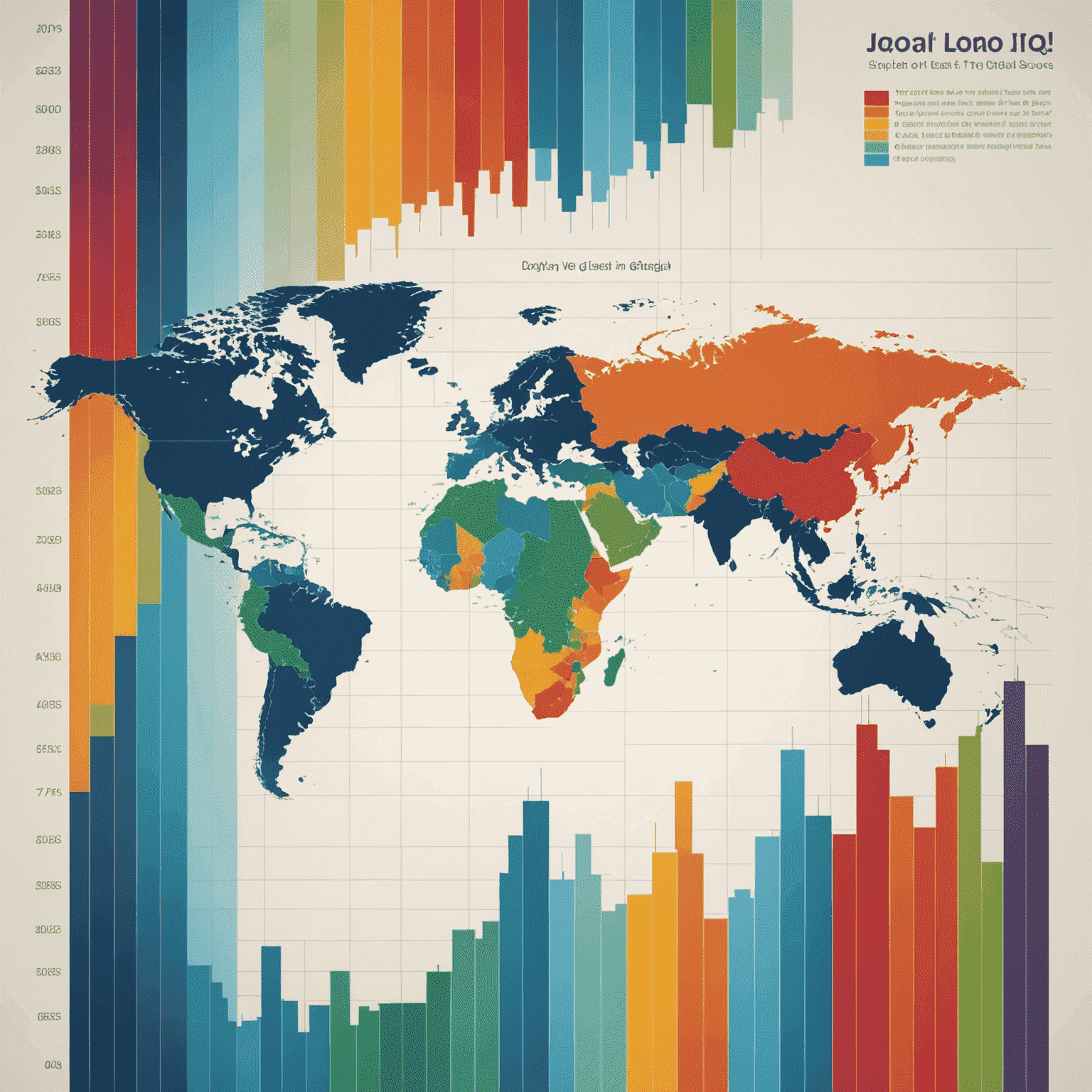Breaking News: IQ Test Scores on the Rise

Recent studies have revealed a fascinating trend: a global increase in average IQ test scores. This phenomenon, often referred to as the Flynn Effect, has sparked intense debates among educators, psychologists, and cognitive scientists about the factors driving this upward trajectory in cognitive abilities.
Key Findings
- Average IQ scores have increased by 3 points per decade since the 1930s
- The rise is observed across different cultures and socioeconomic backgrounds
- Largest gains are seen in fluid intelligence tasks, such as pattern recognition and abstract reasoning
Experts attribute this upward trend to various factors, including:
- Improved nutrition: Better diet and health care have positively impacted brain development.
- Enhanced education systems: More widespread availability to quality education has boosted cognitive skills.
- Technological advancements: Exposure to complex digital environments may be sharpening certain cognitive abilities.
- Environmental factors: Reduction in harmful environmental toxins may have contributed to better brain health.
"The rising IQ scores challenge us to reconsider our understanding of intelligence and its malleability. It's a testament to human adaptability and the power of environmental factors in shaping our cognitive abilities."
Implications and Debates
While the trend is generally seen as positive, it has also raised questions and debates within the scientific community:
- Are IQ tests truly measuring intelligence, or are they becoming outdated?
- How does this trend impact our understanding of cognitive development and potential?
- What are the implications for education systems and curriculum design?
- Could there be a ceiling effect, and if so, what does it mean for future generations?
As research continues, the 53 Logic community remains at the forefront of these discussions, exploring the intricate relationship between IQ, cognitive development, and the ever-evolving landscape of human intelligence.
Food for Thought
How might this trend in rising IQ scores influence the way we approach problem-solving and logical reasoning in the future? Consider the potential impacts on fields like artificial intelligence, education, and cognitive enhancement technologies.